Dismissal of the guardian


 Dismissal of the guardian
Dismissal of the guardian
Whenever the prosecutor is informed of one of the reasons for the dismissal of the guardian, he requests the court to dismiss the guardian, and the court dismisses him after examining and proving the matter. Therefore, the court cannot dismiss the guardian without a reason and without proving the matter, because the position of guardianship has been given to the guardian by a court ruling, and its demise requires a court ruling and legal clarity.
According to the law, whenever a guardian is prosecuted by the public prosecutor for property against him or a crime against him, he will appoint another guardian to administer the property of the defendant at the request of the public prosecutor. Also, if the guardian is sentenced to imprisonment for a reason other than the previous crimes, so that he can’t manage the financial affairs of the defendant, he will be dismissed from the position of guardian, which here is the only reason for dismissal and is not a crime committed by the legislature.
In addition, if the guardian does not have the ability or competence to manage the property of the defendant, or due to old age, illness, drug addiction or alcohol consumption has lost this ability and competence during the period of guardianship, or the legal detention of a new guardian causes financial and physical losses to the incapacitated person, the prosecutor requests his dismissal from the court, and the court examines the cases in accordance with the legal regulations and, if found, dismisses the guardian.
Cases of removal of guardians
According to Article 1248 of the Civil Code, which deals with cases of dismissal of a guardian, it can be mentioned as follows:
– If it turns out that the guardian lacks the attribute of trust or loses this attribute.
– If the guardian commits a crime or theft, betrayal of trust, fraud, embezzlement, defamation, breach of modesty, misdemeanor against children, bankruptcy due to fault or fraud and is convicted by a final verdict.
– If the guardian is sentenced to imprisonment for a reason other than the above reasons and therefore cannot manage the financial affairs of the opponent.
– If the guardian is declared bankrupt.
– If the lack of competence or ability of the guardian to manage the property of the opponent is revealed.- If it turns out that the guardian deliberately did not include the property that belonged to the disqualified person as part of his property, or caused that property not to be included, in this case, he will be responsible for any loss and damage that may be caused to the owner against enter
– If there are justified reasons, the prosecutor can request the special civil court to ask the guardian for guarantees regarding the administration of the financial property of the defendant. If the guardian does not appear in court to determine the type of guarantee, he will be removed from the guardianship.
– The guardian must give his tenure account to the public prosecutor or his representative once a year. If the public prosecutor does not pay the account within one month from the date of the demand, he will be dismissed at the request of the public prosecutor.
The important thing about the dismissal of the guardian is that the ruling on the dismissal of the guardian is an established ruling and it looks into the future. That is, the effect of the decision to dismiss the guardian is related to the actions that the guardian wants to perform from now on. Therefore, after the decision to dismiss the guardian was issued, the actions he performs are not correct; however, the actions he performed before the dismissal order are valid and valid.
If you have any questions regarding the removal of a guardian and the related legal provisions, or if you need guidance in preparing and enforcing the provisions of the petition and the bill for the removal of a guardian, our experienced consultants and lawyers in the Asia Lawyers Group will answer your questions.


